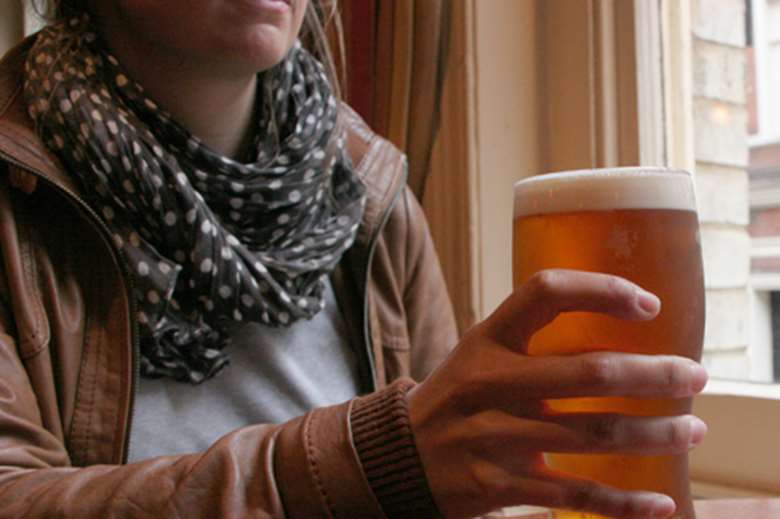Parents who are problem drinkers should be first in line for support
Lauren Higgs
Tuesday, December 13, 2011
Services to support problem drinkers should prioritise parents for treatment, to prevent thousands of children succumbing to an "inter-generational cycle" of alcohol misuse, according to a report by charity Turning Point.

Bottling It Up: The Next Generation found that more than 5,000 people who used the charity’s alcohol treatment services last year were parents.
On average, mothers using Turning Point’s services were drinking 24 units a week, and fathers 33 units – the equivalent of three bottles of wine or up to 15 pints of beer.
Some mothers were drinking more than 70 units a week, or nearly eight bottles of wine. and this drinking was often carried out in secret when their children had gone to bed.
More than a third of Turning Point’s alcohol treatment service users are mothers; some told the charity that they turned to alcohol in response to the pressure to be "supermums".
The study estimates that 2.6 million children live with parents who are "hazardous drinkers".
The report also detailed the results of a snapshot survey of 100 parents currently using Turning Point’s alcohol treatment services.
More than four in five said they were worried that their drinking is affecting their children and 55 per cent believed their drinking had led to increased anger, anxiety and depression in their children.
More than a quarter of parents felt their drinking increased the risk of anti-social behaviour in their children and undermined their chances of academic and work success and nearly a third said their children had been forced into taking on the role of carer in the family.
Turning Point’s director of substance misuse services John Mallalieu, said alcohol services should prioritise parents, or soon-to-be parents, into treatment.
"They should be helped to develop parental and coping skills so the problems they are experiencing with alcohol are not passed on to their children," he said.
"Early intervention is key in preventing a new generation of children at risk of experiencing poor mental health, drug and alcohol addictions, truancy and worse."
He added: "Where resources for action are scarce, it makes economic sense to integrate family and parenting specialists into existing treatment services to protect future generations from harm."
Darren Woodward, a regional manager from a Turning Point substance misuse service, said alcohol misuse in families is an escalating and systemic problem.
"Alcohol misuse is a hidden and growing problem which affects the whole family," he said.
"When an adult has an alcohol problem, children suffer too. This can impact on how well they do at school, their job prospects, and their mental health. We need to make sure parents have the right support to deal with their drinking at the earliest possible stage. At the moment, the amount of information and support for families is inadequate."




